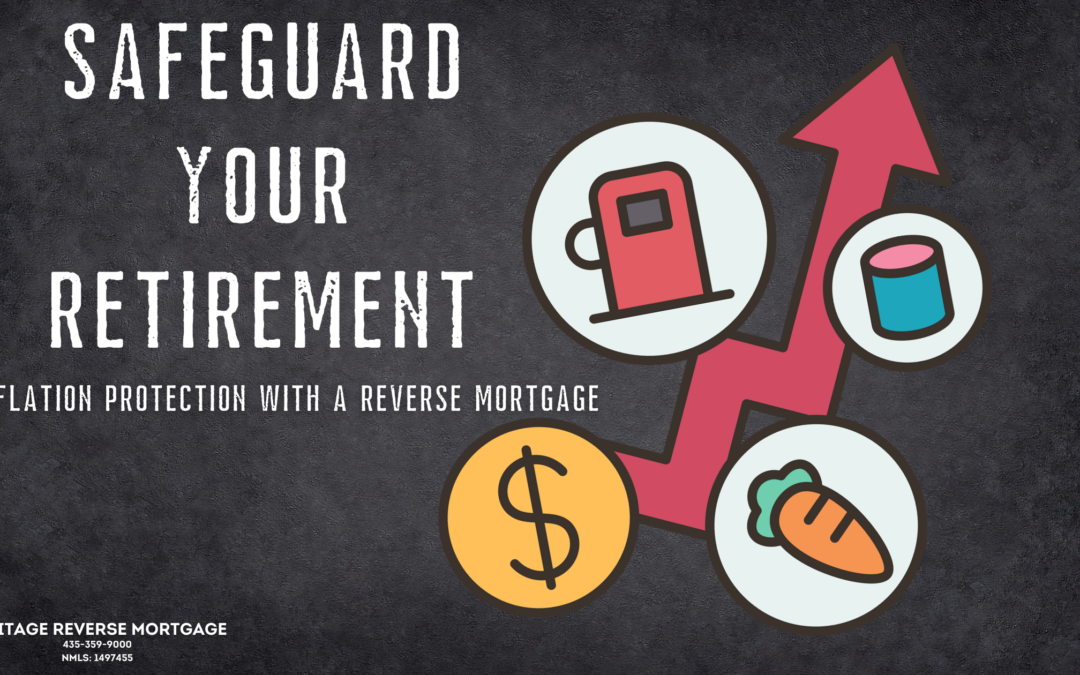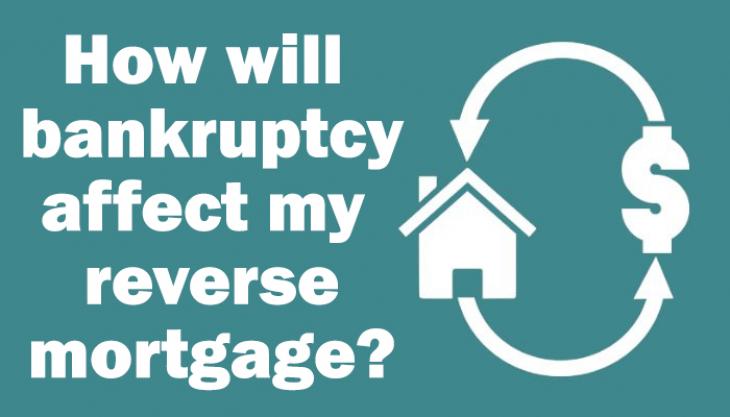A Guide to Help You Purchase Reverse Mortgage for Your Retirement Plan
A Guide to Help You Purchase Reverse Mortgage for Your Retirement Plan
Blog Article
Empower Your Retirement: The Smart Method to Acquisition a Reverse Mortgage
As retired life approaches, several people look for reliable approaches to improve their economic freedom and health. Amongst these strategies, a reverse mortgage arises as a feasible alternative for house owners aged 62 and older, permitting them to tap into their home equity without the necessity of monthly settlements. While this monetary device uses several benefits, including enhanced capital and the possible to cover important costs, it is important to understand the ins and outs of the application process and key considerations involved. The following actions might expose exactly how you can make a well-informed decision that can substantially affect your retired life years.
Understanding Reverse Home Loans
Recognizing reverse mortgages can be crucial for house owners seeking financial versatility in retired life. A reverse home loan is an economic item that permits eligible home owners, generally aged 62 and older, to transform a section of their home equity right into money. Unlike standard home mortgages, where borrowers make monthly settlements to a lending institution, reverse home loans make it possible for homeowners to receive settlements or a lump sum while retaining ownership of their home.
The amount readily available through a reverse home loan depends on numerous factors, including the house owner's age, the home's value, and current rate of interest. Importantly, the car loan does not need to be paid off up until the home owner offers the home, relocates out, or dies.
It is important for prospective consumers to understand the ramifications of this financial item, consisting of the influence on estate inheritance, tax obligation factors to consider, and recurring obligations connected to residential property upkeep, taxes, and insurance policy. Furthermore, counseling sessions with certified professionals are commonly called for to make sure that customers fully understand the terms and problems of the car loan. Overall, a complete understanding of reverse home mortgages can equip house owners to make informed choices regarding their financial future in retirement.
Benefits of a Reverse Home Loan
A reverse home loan offers a number of compelling benefits for qualified house owners, especially those in retired life. This economic tool allows senior citizens to convert a section of their home equity right into cash money, providing vital funds without the requirement for regular monthly home mortgage repayments. The cash acquired can be utilized for various objectives, such as covering clinical expenses, making home improvements, or supplementing retirement income, therefore boosting general monetary flexibility.
One substantial advantage of a reverse mortgage is that it does not require repayment till the house owner leaves, offers the home, or dies - purchase reverse mortgage. This function enables retired people to preserve their way of life and satisfy unforeseen prices without the problem of regular monthly repayments. Furthermore, the funds gotten are commonly tax-free, enabling house owners to use their cash money without fear of tax obligation implications
Additionally, a reverse mortgage can supply assurance, recognizing that it can act as an economic safeguard during tough times. House owners also retain ownership of their homes, ensuring they can continue staying in a familiar atmosphere. Inevitably, a reverse home loan can be a calculated monetary source, encouraging retirees to handle their funds effectively while appreciating their gold years.
The Application Process
Navigating the application procedure for a reverse mortgage is an essential step for homeowners considering this monetary choice. The very first stage involves evaluating eligibility, which normally requires the homeowner to be at the very least 62 years of ages, own the residential property outright or have a reduced home loan balance, and inhabit the home as their key home.
When qualification is verified, home owners need to go through a therapy session with a HUD-approved therapist. This session guarantees that they totally understand the ramifications of a reverse home loan, consisting of the responsibilities involved. purchase reverse mortgage. After finishing therapy, applicants can proceed to gather essential documents, consisting of proof of income, assets, and the home's worth
The following action entails sending an application to a lender, who will certainly evaluate the monetary and residential property qualifications. An appraisal of the home will additionally be performed to determine its market price. If approved, the lending institution will certainly provide funding terms, which must be reviewed very carefully.
Upon approval, the closing process follows, where last papers are authorized, and funds are disbursed. Recognizing each stage of this application process can considerably improve the property owner's self-confidence and decision-making concerning reverse home loans.

Key Factors To Consider Prior To Investing In
Investing in a reverse home loan is a significant economic decision that requires cautious consideration of a number of key variables. Understanding your qualification is critical. House owners should be at least 62 years of ages, and the home has to be their key residence. Assessing your economic needs and goals is equally important; identify whether a reverse home mortgage aligns with your lasting strategies.

A reverse mortgage can affect your qualification for particular federal government benefits, such as Medicaid. By thoroughly reviewing these considerations, you can make an extra informed choice concerning whether a reverse mortgage is the appropriate financial approach for your retirement.
Making the Most of Your Funds
Once you have safeguarded a reverse home mortgage, efficiently handling the funds ends up being a priority. The flexibility of a reverse mortgage permits house owners to use the funds in numerous methods, but tactical planning is vital to maximize their advantages.
One crucial strategy is to create a budget that details your month-to-month expenses and monetary goals. By recognizing necessary expenses such as health care, real estate tax, and home upkeep, you can designate funds as necessary to make certain long-lasting sustainability. In addition, consider recommended you read utilizing a section of the funds for investments that can create revenue or value in time, such as dividend-paying stocks or shared funds.
An additional important facet is to preserve an emergency you can look here fund. Reserving a reserve from your reverse home mortgage can aid cover unexpected expenses, giving comfort and monetary security. Furthermore, seek advice from an economic advisor to explore possible tax obligation effects and how to integrate reverse home loan funds right into your total retirement technique.
Eventually, sensible administration of reverse home mortgage funds can boost your economic security, allowing you to appreciate your retired life years without the anxiety of economic uncertainty. Mindful preparation and informed decision-making will certainly make certain that your funds work properly for you.
Conclusion
To conclude, a reverse home loan provides a practical monetary technique for senior citizens looking for to improve their retirement experience. By converting home equity into available funds, individuals can address important expenses and secure additional economic sources without incurring regular monthly payments. However, mindful factor to consider of the connected terms and implications is important to take full advantage of benefits. Inevitably, leveraging this economic tool can facilitate better self-reliance and improve total top quality of life throughout retirement years.
Recognizing reverse home loans can be critical for house owners looking for monetary adaptability in retirement. A reverse home loan is an economic product that permits qualified property owners, typically aged 62 and older, to convert a section of their home equity into money. Unlike typical mortgages, where customers make month-to-month payments to a loan provider, reverse mortgages allow property owners to get settlements or a swelling amount while maintaining possession of their property.
In general, a thorough understanding of reverse home mortgages can equip property owners to make informed choices concerning their financial future in retired life.
Seek advice from with a monetary consultant to check out feasible tax ramifications and exactly how to incorporate reverse home loan funds right click this into your overall retirement approach.
Report this page